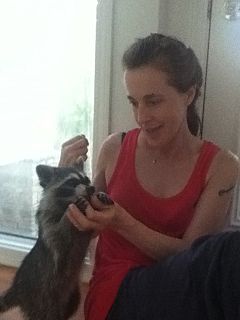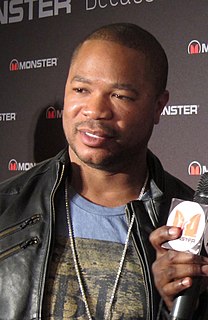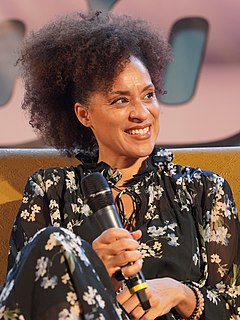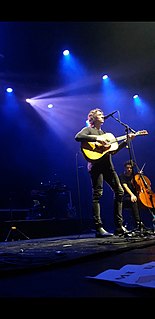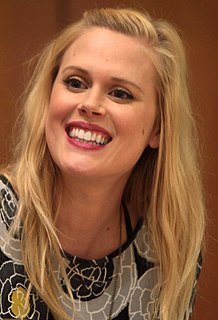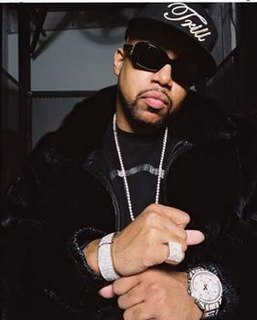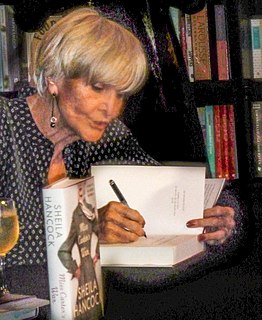A Quote by Larry Niven
It's very difficult for a black man to get out of South-Central Los Angeles, and get out civilized....The only men I know who have escaped, all began reading Robert Heinlein at age ten.
Related Quotes
I'd been reading Daniel Defoe's Journal of the Plague Year when the [1992 Los Angeles] riots broke out and I began to see them both - L.A. and the London plague - as the same event. A time of crisis. A time when rich and poor get thrown together - and, suddenly one sees alternatives. I began to think about what happens when the containment of a presumed danger through the regimentation of space breaks down, such as when South-Central L.A. began to invade Beverly Hills.
I don't believe in aliens. I don't think aliens or ghosts like black people. We never get abducted; our houses never get haunted. It always happens in rural areas, where no ethnic people live. The day I see somebody from South Central Los Angeles say, 'Man, I got abducted yesterday,' then I'll believe it.
Dr. King said, 'We are all tied together in a garment of mutual destiny.' Which says to me no matter how well I may be doing in Hollywood, if a young brother or sister in Louisiana, the South Bronx, the South Side of Chicago, South Central Los Angeles - is not doing well, then I'm not doing very well.
My first husband Alec was a very good-looking man, but by the time he came out of the war, his sort of acting was no longer in demand - although he was a working-class boy, he was actually very good at suave handsome-men parts. I began to get successful when he was out of fashion; it was agony to watch him.

